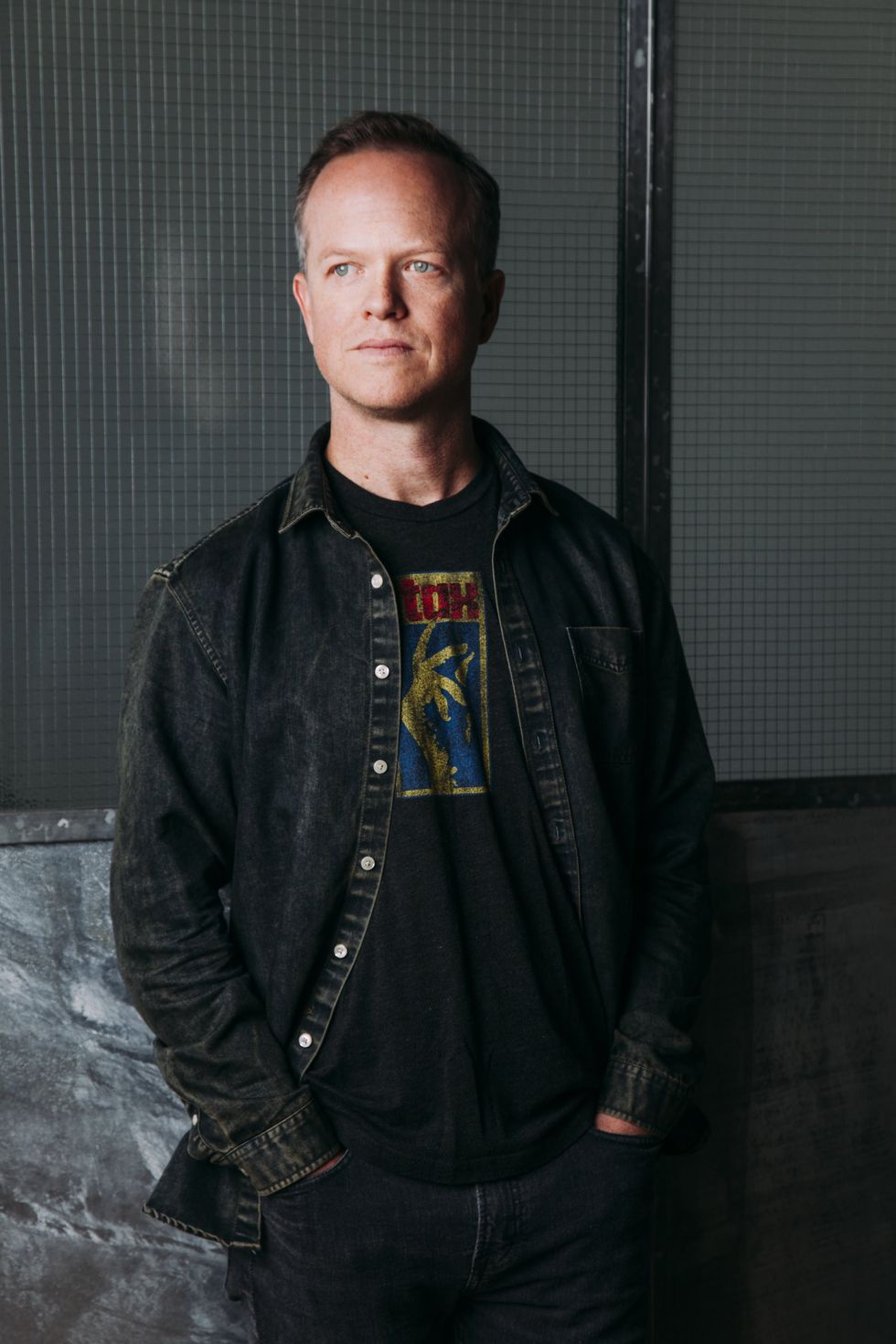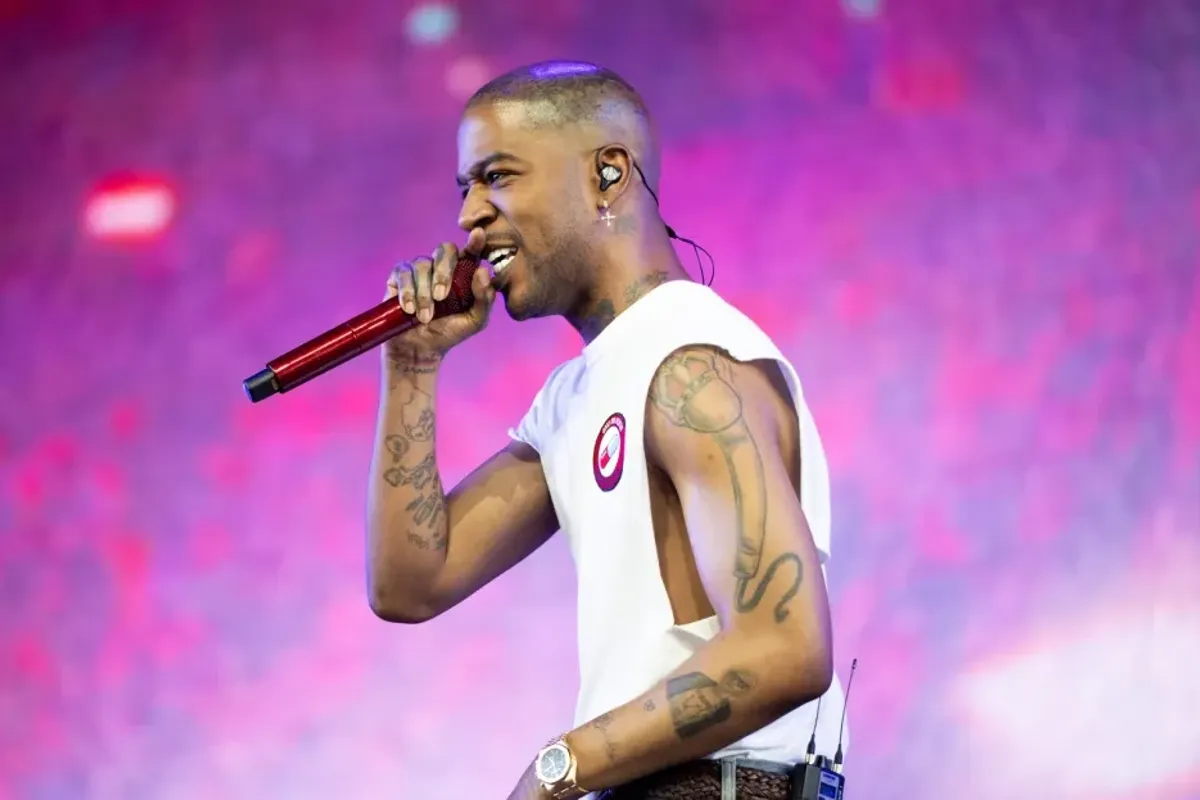Five Questions With… Steve Dawson
The roots music renaissance man teams up with old partner Jesse Zubot on his upcoming album, Lucky Hand. He is also celebrating the 20th anniversary of his indie label Black Hen Music with a ten-date Roadshow featuring some Canadian notables.

By Jason Schneider
not proofed yet
For the past three years, award-winning musician and producer Steve Dawson has teamed up with some of Canada’s finest roots artists for the annual Black Hen Roadshow, an extension of Dawson’s Black Hen Music, which has become renowned for its innovative and eclectic roster.
This year’s ten-date Roadshow—featuring Dawson alongside soulful powerhouse vocalist Ndidi Onukwulu, multi-instrumentalist Steve Marriner (MonkeyJunk) and alternative country singer-songwriter Leeroy Stagger—will have extra meaning as it marks the 20th anniversary of Black Hen Music’s inception. During that time, the label has released over 80 albums by the likes of Jim Byrnes, Big Dave McLean, Kelly Joe Phelps, Old Man Luedecke, Deep Dark Woods, and many more.
Dawson is set to add to that catalogue on May 18 with his eighth album Lucky Hand, which represents a high point of his own two-plus decades of musical searching. Dawson recorded the ten new fingerstyle and slide guitar-based instrumentals in various settings, some with a string quartet, and some with his old partner Jesse Zubot, adding up to some of his most boundary-pushing work to date.
Dawson took some time to talk ahead of the Black Hen Roadshow’s kick off this week (it wraps up April 26 after shows in Calgary, Winnipeg, Saskatoon, Vancouver and elsewhere). For more info, go to stevedawson.ca.
Congrats on 20 years of Black Hen Music. Could you envision at the start that the label would last this long?
Not at all. I started the label in 1998 as a mailbox in a post office, so that we could release our music from somewhere.
Our Zubot and Dawson album Strang was what we needed to release—every label we talked to couldn’t wrap their heads around what we were up to musically, so we decided we should release it ourselves rather than listen to the labels telling us we needed a singer, or that we should be doing instrumental versions of famous songs in order to sell records. Back then there were a number of good indie distributors to choose from, so I hooked up some distro, and suddenly we were a label. It’s been a wild ride, for sure.
This is also the 20th year of your partnership with Jesse Zubot. What's made that collaboration last?
Jesse and I have been playing together since about ’94 or ’95, but from the time we made Strang to about 2003 we were going full-tilt. After we put out our third album, Chicken Scratch, in 2003, we toured all over the world, won a Juno, and then hit a wall. We both wanted to do other things. So, from then until now—15 years—we haven’t set foot in a studio or on stage together. It’s not like we’ve found a way to work together all that time, we just took a giant chunk of time away.
The work we did together on Lucky Hand is entirely different from what we used to do. In the case of our work together now, I brought finished music to Jesse and asked him to write arrangements and let him be as adventurous as he wanted. When we were performing and recording as Zubot and Dawson, it was way more collaborative.
What else can you say about your approach on Lucky Hand?
I put out an album in 2014 called Rattlesnake Cage that was acoustic instrumental guitar music. I wanted to get back to that with what I was writing but didn’t want to make another solo record. I don’t really relate to modern acoustic guitar music—it’s become too flashy and percussive, so what comes out for me is music that is inspired by people like Mississippi John Hurt, Skip James, Chet Atkins, Tampa Red, and up through people like John Fahey and Leo Kottke. After that, acoustic guitar music kind of went off the rails for me, so I like to explore those kinds of players and find it all inspiring.
That’s when I asked Jesse if he’d come in and write arrangements for the new music. I also wanted to have a few small collaborations with John Reischman on mandolin and the great Charlie McCoy on harmonica. I’ve worked with both of those guys a number of times and thought both would be cool duets. Charlie is one of the most recorded musicians in history, having played on classic Roy Orbison, Simon and Garfunkel, and Bob Dylan records. The whole album was recorded very live, and it was an incredible experience recording with the string quartet that Jesse arranged. We were all together in the studio, playing and reacting to each other.
Your podcast Music Makers & Soul Shakers is also an ongoing project. What was your motivation to do that, and what have been your favourite episodes?
It’s been a nerdy hobby for me. I listen to a fair amount of podcasts while travelling, and any that speak to musicians always left me feeling disappointed that they weren't more in-depth, so I decided to do one myself that would get into all that stuff. Also, living in Nashville, I’ve had access to some people who I would never have dreamed of meeting even a few years ago. Those episodes are the ones that are the most fun for me.
People like Charlie McCoy, Duane Eddy, Lloyd Green, Norman Blake, and David Hood. Not household names, perhaps, but people that have been involved in hundreds of classic records. It’s also exciting talking to people that are deep into their own thing and have a unique take on music. John Convertino from Calexico, Marc Ribot and Joe Henry come to mind. The other thing about them is that I learn a lot about history talking with these people.
What are your fondest musical memories as you were growing up, and what song by another artist do you wish you had written?
I met Eddie Van Halen at a guitar store when I was about 12, and he talked to me for nearly an hour and was super cool. I didn’t even like Van Halen, but he was so encouraging.
For a song I wish I’d written, I’d say “Gentle On My Mind” by John Hartford. Aside from being a fantastic song, he made enough money off it to do whatever he wanted for the rest of his life.

















